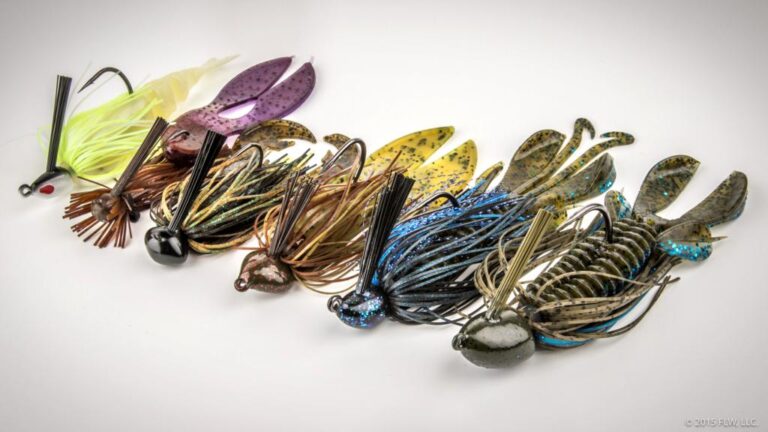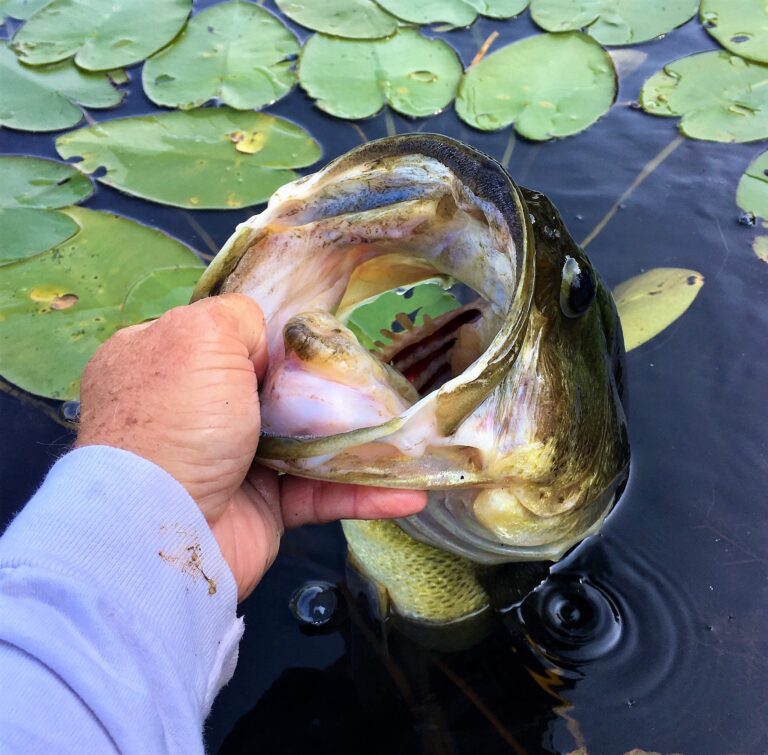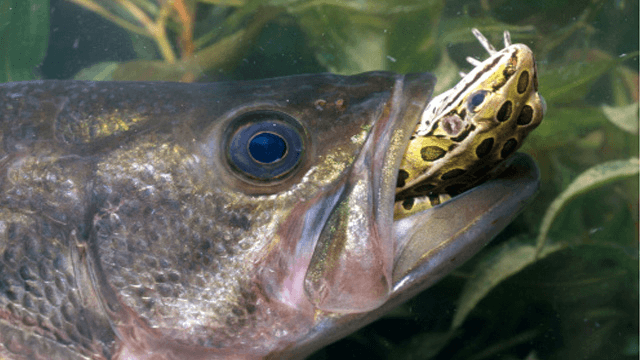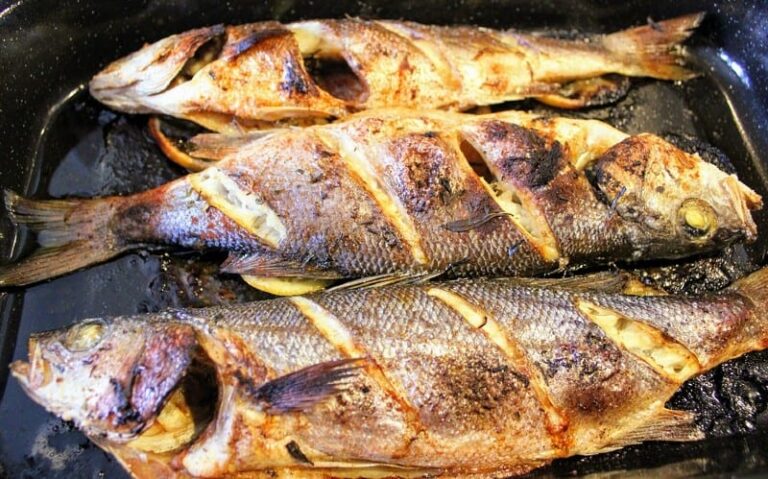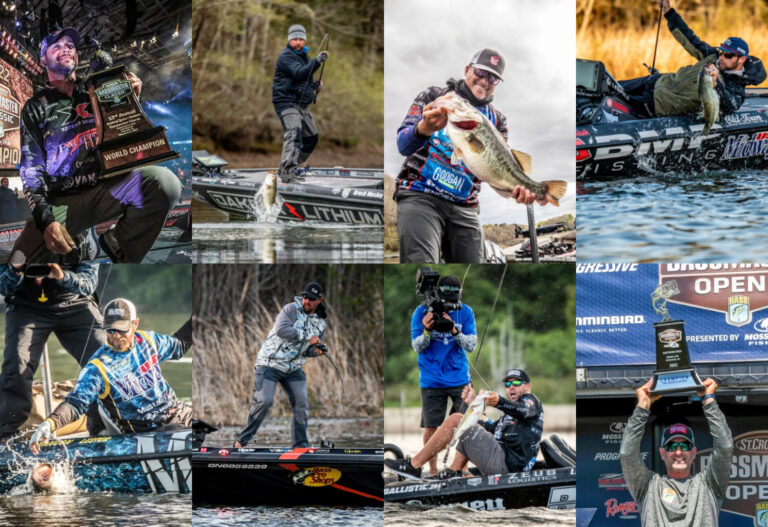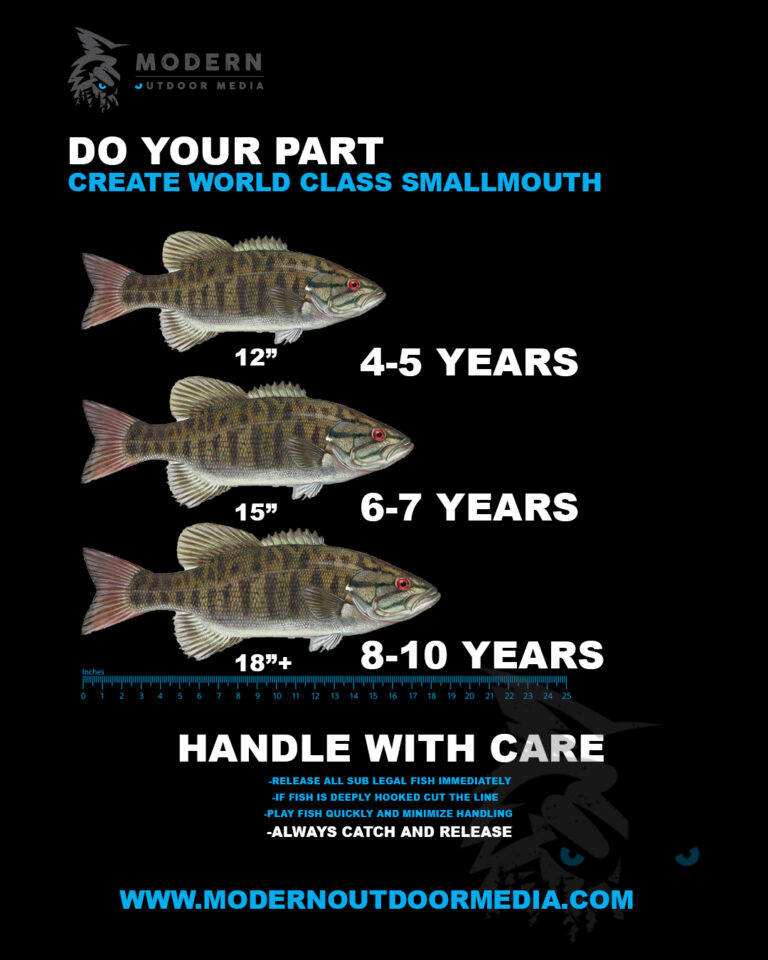When is It Too Cold to Fish for Bass
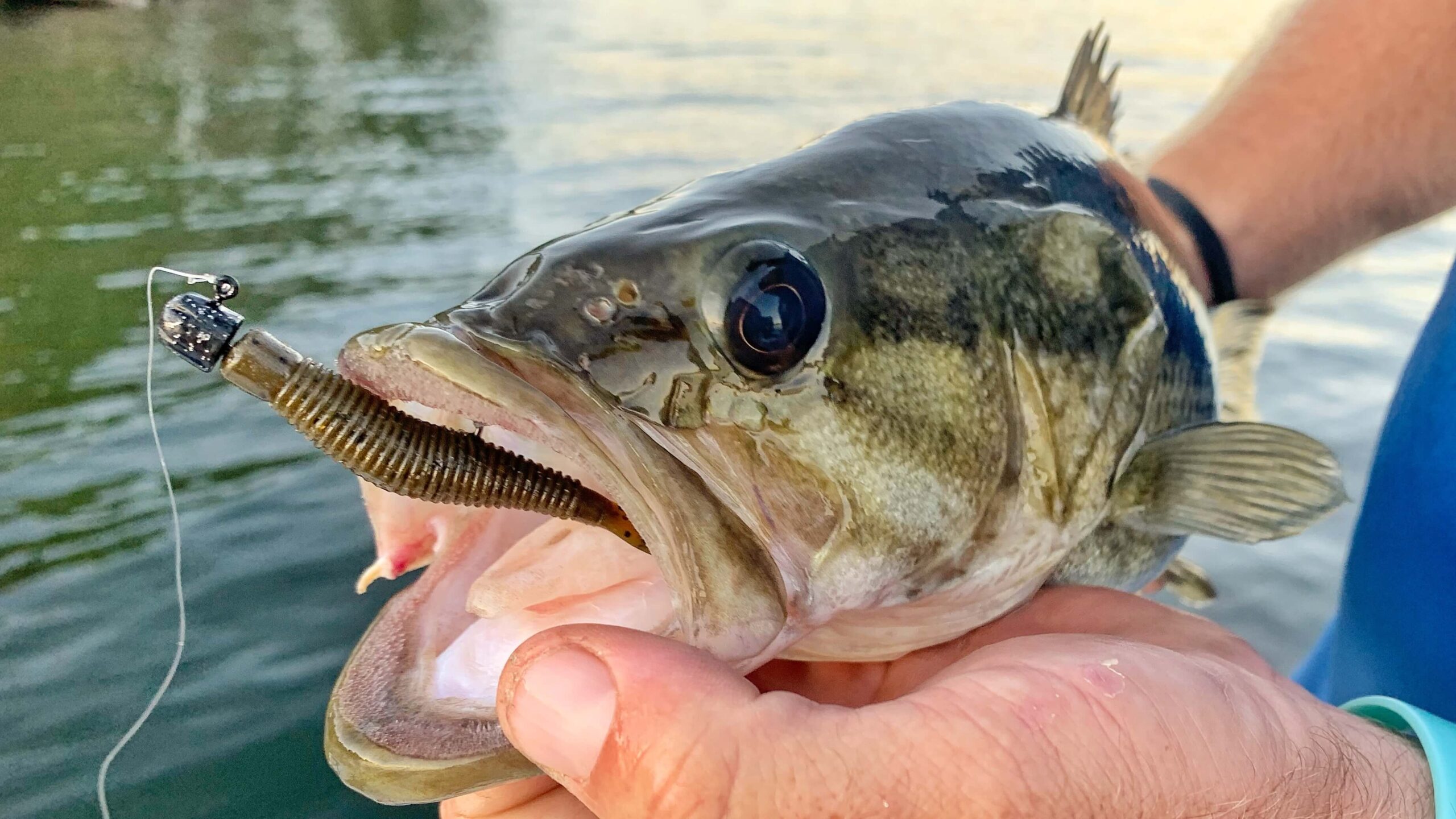
Bass fishing can become unproductive at temperatures below 50°F (10°C). Fish become lethargic and less active as the water cools.
Bass, known for their robust nature and widely sought after by anglers, have a comfort zone that aligns with warmer waters. As temperatures drop, particularly below the 50-degree Fahrenheit mark, their metabolism slows dramatically, making them less likely to chase after bait.
This behavioral shift can make fishing for bass challenging during the colder months when they prefer to conserve energy. Understanding this temperature threshold is crucial for any angler aiming to maximize their catch rates. Despite the cold, dedicated fishermen know it’s still possible to land bass with the right strategies and patience, focusing on slow-moving lures and deeper waters where bass might retreat to maintain a tolerable body temperature.
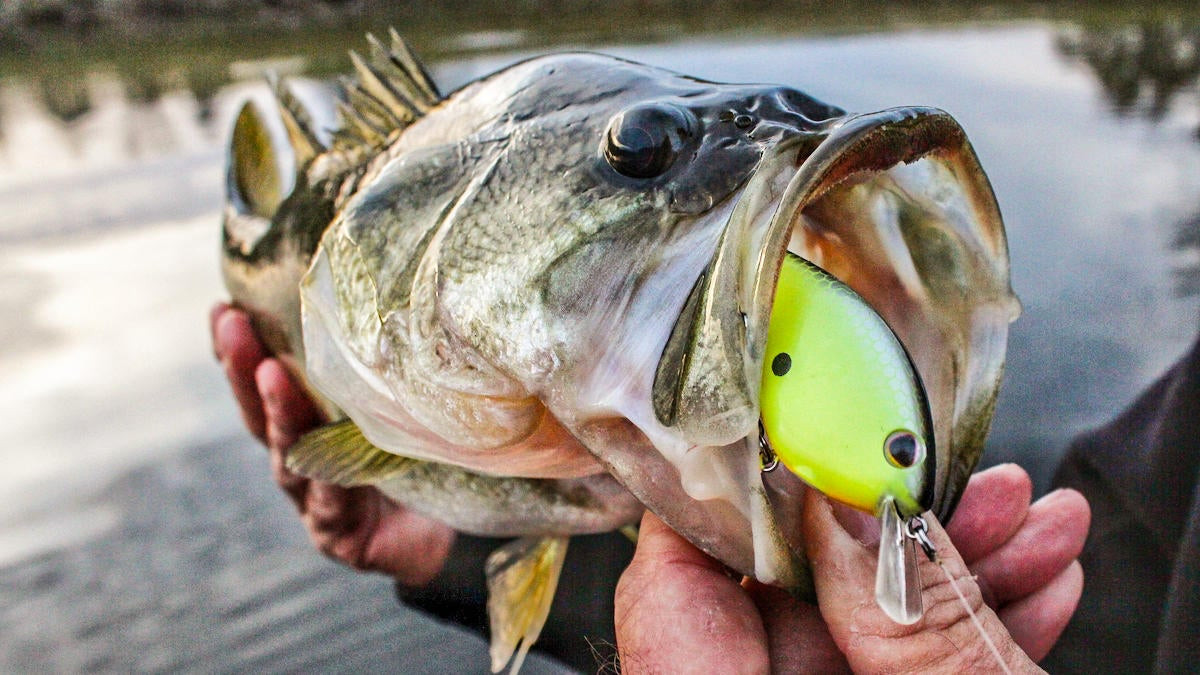
Credit: www.wired2fish.com
Bass Behavior In Cold Water
Bass tolerate a wide range of temperatures. Optimal fishing conditions are when water temp is between 50°F to 80°F. Bass become less active as waters cool below this range.
Their metabolism slows down in colder water, resulting in less feeding. Bass may still feed during winter but prefer easy prey.

Credit: www.reddit.com
Ideal Temperature Range For Bass Fishing
Bass fishing thrives in warm waters, where bass are most active. The ideal temperature range for chasing these fish is between 50°F to 80°F. Bass metabolic rates slow down as waters cool, affecting their feeding habits. It’s tough to catch bass during frigid conditions, particularly under 40°F. Yet, mild winters can offer successful fishing days.
Temperature fluctuations can either spur or hinder bass activity. Sudden drops often lead to a decline in bass movement. Conversely, a warm spell might ignite a feeding frenzy. It’s about timing and understanding water temperatures. Anglers should focus on stable weather patterns when planning trips. This consistency boosts the odds of an impressive catch.
Signs It’s Too Cold For Bass Fishing
Bass fishing gets tough once water temperatures drop significantly.
Fish tend to move to deeper, warmer waters during extreme cold. Their metabolism slows down, leading to less feeding activity.
Notice a lack of surface action? It likely means bass are staying low to conserve energy. Frozen surfaces and slow-moving baitfish also signal a decrease in bass activity.
| Temperature | Activity Level |
|---|---|
| Below 50°F | Very Low |
| 50-60°F | Low to Moderate |
| Above 60°F | Moderate to High |
Take a look at surrounding nature. Ice on the banks or snowfall can mean it’s too cold for active bass fishing.
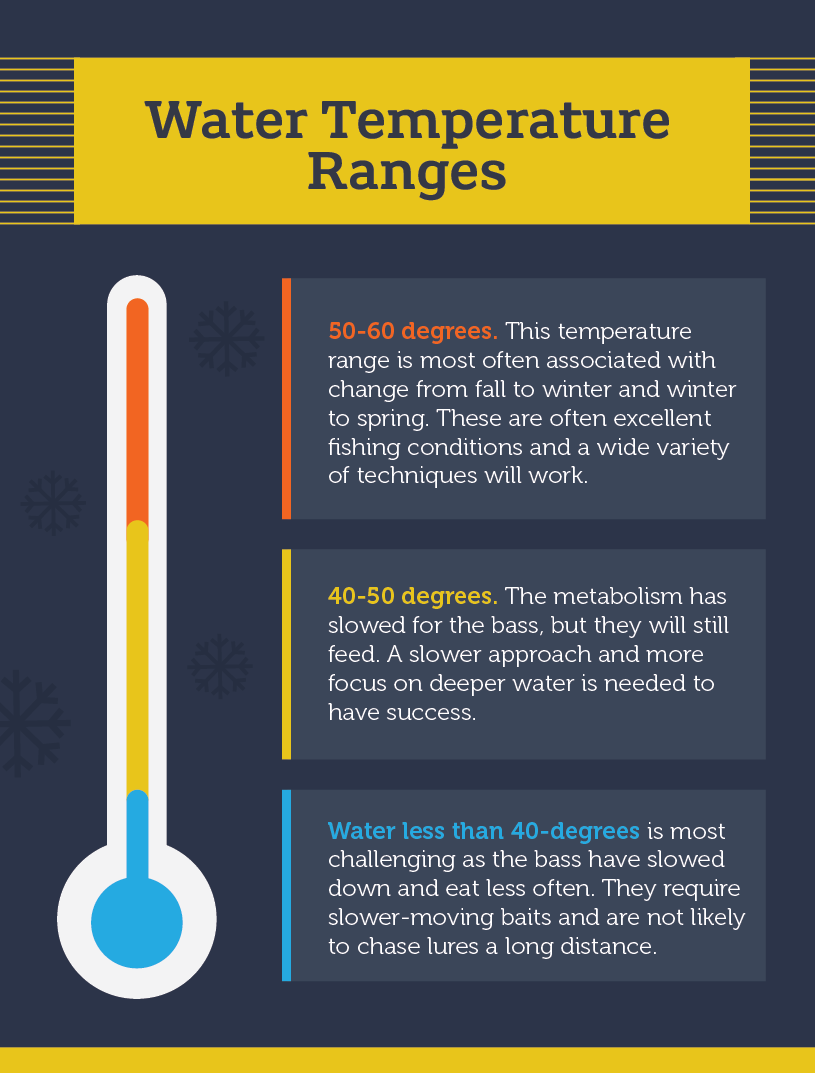
Credit: www.fix.com
Techniques For Cold Weather Bass Fishing
Cold weather impacts bass behavior, making them slow and lethargic. The key to successful bass fishing during colder temperatures lies in mastering slow presentation strategies. Anglers should focus on deliberate, measured movements to entice these sluggish fish.
Optimizing bait and lure selection is critical. Suspending jerkbaits, jigs, and soft plastics work well in cold water. Use lures that mimic the slow movements of cold-water prey. This means soft-action tails and lures that can be worked slowly and methodically along the bottom or in structures where bass may hide.
Safety Considerations For Anglers
Anglers must stay safe in cold weather. Dress warmly for protection. Layer your clothes for insulation.
Choose wool or synthetic fabrics. They keep you warm, even when wet. Don’t forget a waterproof outer layer. This helps to block wind and moisture.
Wear a hat and gloves. Most body heat is lost through the head and hands. Keep them covered for extra warmth.
Avoid cotton. It holds moisture and can lead to chilling and hypothermia. Always have a change of clothes. It can save your life if you get wet.
Remember, proper gear keeps you fishing safely. It makes cold weather fishing possible.
Seasonal Fishing Tips And Tricks
Bass fishing can be tough in winter. Water temperatures drop, and bass slow down. Yet, with the right tactics, cold water fishing can be fruitful. Split your approach into two main strategies.
First, focus on slow-moving lures. Bass will not chase fast baits in cold water. Instead, they prefer easy targets. Use jigs, drop shots, or slow-rolling spinnerbaits.
Secondly, fish in deep waters during midday. Bass tend to be more active in warmer, deeper areas. Look for drop-offs and submerged structures. They often hold more fish than flat areas. Choose your spots wisely
Frequently Asked Questions For When Is It Too Cold To Fish For Bass
Can You Fish In 40 Degree Weather?
Yes, you can fish in 40 degree weather, but dress warmly and understand fish are less active and may bite less frequently.
Do Bass Bite In 60 Degree Weather?
Yes, bass do bite in 60 degree weather, as this temperature is within their active range for feeding.
What Fish Bite In 60 Degree Weather?
In 60-degree weather, bass, trout, and walleye are among the fish species that actively bite. These conditions are ideal for angling success with these species.
What Is Considered Cold Water For Bass Fishing?
Cold water for bass fishing typically refers to temperatures below 50°F (10°C). Bass become less active in these cooler conditions, influencing fishing strategies.
Conclusion
Braving the chill for bass fishing requires preparation and knowledge. Extreme cold can lock bass in winter lethargy, making your efforts unrewarding. Remember, comfort and safety are paramount; if water temperatures plummet too low, it’s wise to wait for a warmer trend.
Keep tabs on conditions, and fish smartly during suitable cold weather windows. Your patience will pay off with successful catches on better days.
